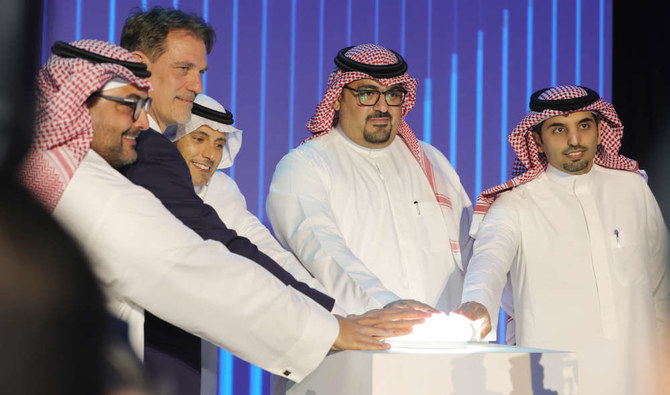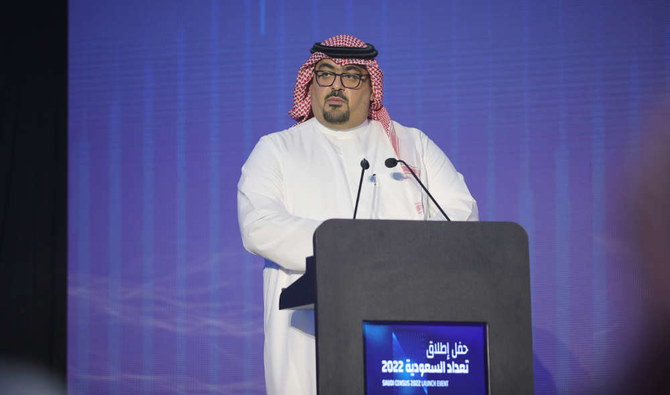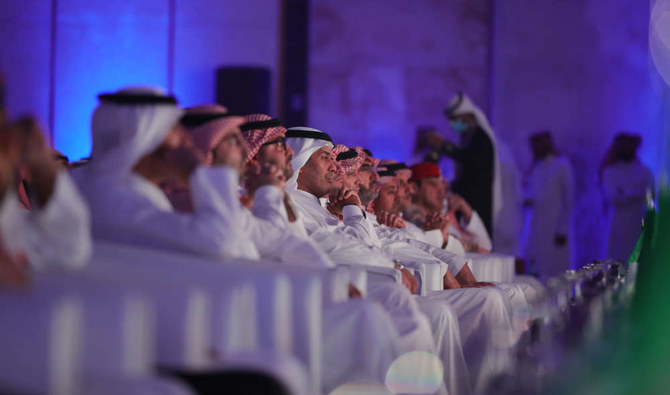RIYADH: The General Authority for Statistics has launched the enumeration and data-collection phase of the Kingdom’s fifth national census, the results of which will be published before the end of this year.
“We needed to increase the quality of our database, and for this census we have implemented the most advanced technologies to achieve this,” Faisal Al-Ibrahim, the Saudi minister of economy and planning, said during the official launch in Riyadh on Tuesday.
“We have launched the ‘self-enumeration’ method of gathering data that will help us achieve an accurate and comprehensive database for the census.”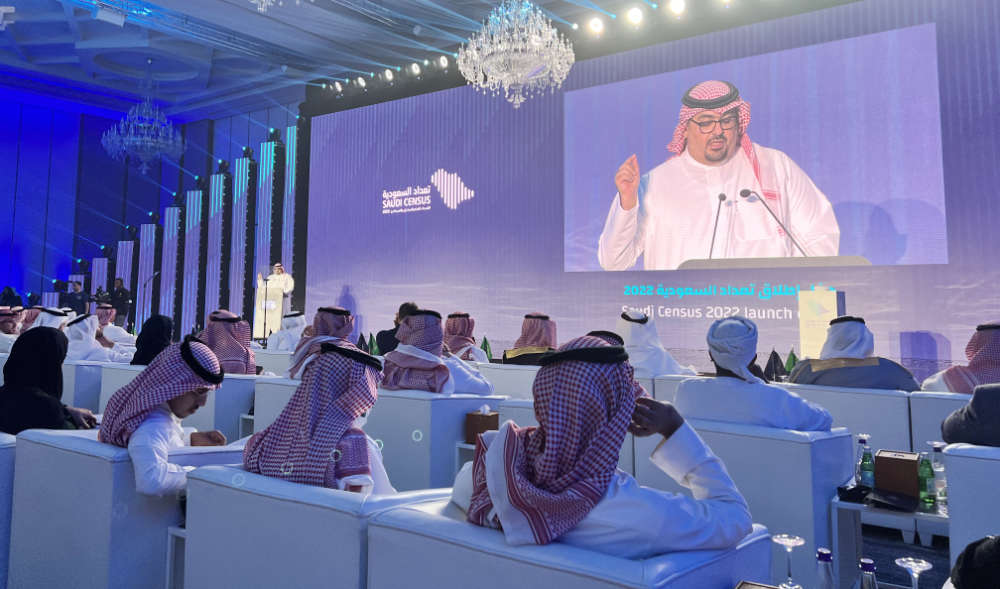
During this phase of the census process, which began on May 10 and will continue for 35 days, detailed statistical data about the population will be collected. The Saudi Census 2022 is fully digital and citizens and residents will submit their details by completing an online census form that is available at the GASTAT web portal or through a link that will be sent via text message to heads of households. This will greatly reduce the need for field researchers to visit households to collect the data.
In addition, self-enumeration kiosks will be provided in 29 shopping centers across the Kingdom, at which the census questionnaire can be completed with help from the authority’s staff. In cases where there is a lack of response or more data is needed, more than 30,000 field enumerators are on standby to visit people’s homes and collect the required information.
“Data and statistics drive evidence-based decisions,” Konrad Pesendorfer, GASTAT’s president, said during the launch.
“Data integration from multiple sources is the new business model for data quality, and access to data is crucial for research and development. That is why we launched a statistical database. The census of 2022 is not a traditional census.”
The census seeks to provide detailed information about the population of the Kingdom, including ages, nationalities and the distribution of income across regions, and the health status of people living in cities compared with those in rural areas.
The first phase of census process, called “address canvassing,” began in January when more than 14,000 field workers began to catalog all inhabited and uninhabited homes within the Kingdom and allocate to them smart census stickers. Each of these stickers includes a unique QR code linking the property with its head of household.
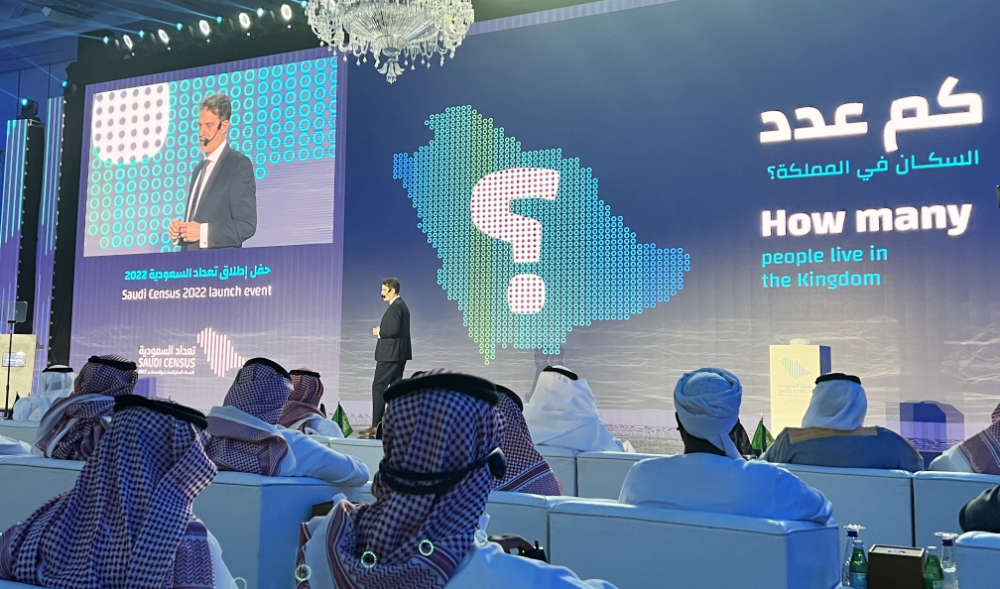
GASTAT finalized its plans for the census in September last year, after carrying out tests in seven regions across the Kingdom of the questionnaire and the operational tools it uses. The self-enumeration process, the method for filling out the questionnaire online, and the technical systems used during the enumeration phase were all tested and evaluated.
The Saudi Census is conducted every 10 years by GASTAT, and this one will be vitally important for the planning and policies required to achieve the goals of the nation’s Vision 2030 development and diversification plan, Al-Ibrahim said.
More than 25 government agencies are involved in the census operation, including the ministries of interior, health and education, and the Saudi Authority for Data and Artificial Intelligence.
“What we prepared is not just a snapshot of 2022,” Pesendorfer said. “The objective is to continuously update our database, year after year. The database will be linked with administrative data.
“High-quality statistics can only be produced with many stakeholders,” he added as he thanked all those who have collaborated on the process.
GASTAT has stressed its commitment to maintaining the highest standards of privacy, confidentiality and the protection of personal information included in the census. Such information will not be disclosed to any third parties, it added.
The last general population and housing census in the Kingdom prior to this year’s took place in 2010, when the total population was determined to be 27,136,977.
Most countries conduct a comprehensive census every 10 years to obtain up-to-date, accurate and detailed data about the population, including its geographical distribution and social and economic characteristics.
Accurate statistical data of this kind enables officials, planners and politicians to allocate budgets more effectively and develop comprehensive strategies that can help keep pace with urban development. It also aids efforts to plan for future needs based on expected population growth, contribute to development plans and provide vital public services such as education, healthcare and transportation.


